Guanche Mummy of Madrid
This embalmed man is one of the best preserved mummies from the Canary Islands.
The indigenous people of the Canary Islands left an enduring mark on the archipelago, a presence that continues to linger today, centuries after their culture became absorbed by the Spanish settlers. Their whistled language still trills in the air above the ravines. Even the remains of their elite have endured the passage of time.
The Guanches used similar methods as the ancient Egyptians did when preserving their high-ranking citizens. A class of “unclean” embalmers tended to the dead. They then buried the mummified individuals underground or within caves. Sadly, a large number of the indigenous mummies were lost to later grave robbers. But some specimens have managed to survive to this day.
The Guanche Mummy of Madrid is one of the best preserved Guanche mummies. Its careful embalming kept its organs intact and even left the man with an impressive full head of hair.
The mummy was found in a ravine thought to be an internment cave on the island of Tenerife. The man, who died during his early 30s, was mummified between the 11th and 13th centuries, before the Spanish invaded the Canary Islands. When the conquistadors arrived, they laid waste to the Guanche civilization. By 1496, their nine kingdoms had all fallen to the Castilian Crown. Many of the Guanches who were not killed during the invasion were sent into slavery, while those who remained had to assimilate to the culture and religion of the conquistadors.
This particular mummy arrived in Madrid in the 18th century, when it was gifted to King Charles III as a morbid curio. Even while within the city, the mummy has received little rest. For many years, it was shuffled between museums before arriving at the National Archaeological Museum of Madrid, where it is now on display. It serves as the centerpiece of an exhibit dedicated to the history of the Canary Islands.
Know Before You Go
There's easy access by commuter train at the Recoletos station. To travel by tube via the Serrano station or by bus use lines 1, 9, 19, 51, or 74. All stop in front of the museum. Lines 5, 14, 27, 45, and 150 all stop at Recoletos Avenue. Lines 21 and 53 stop in Colón Square.

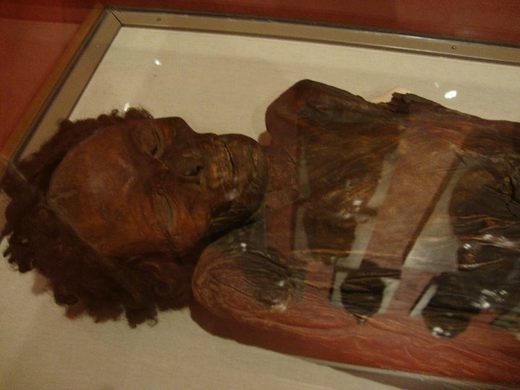

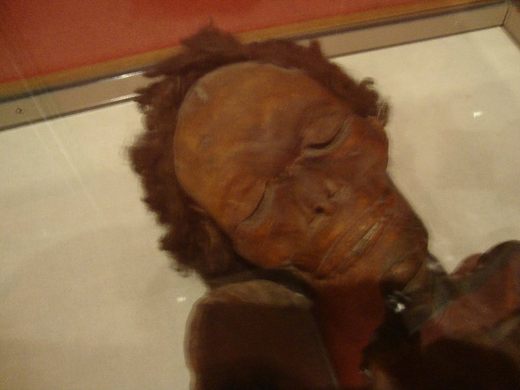



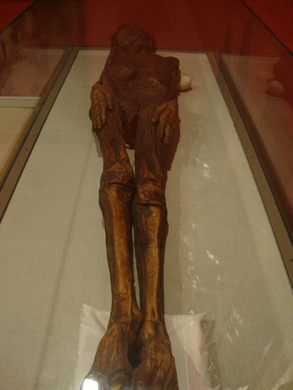






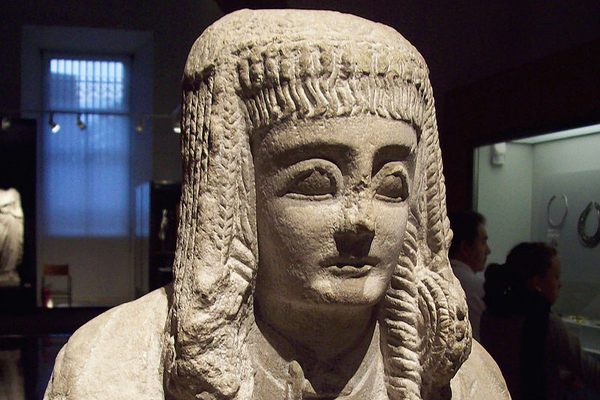
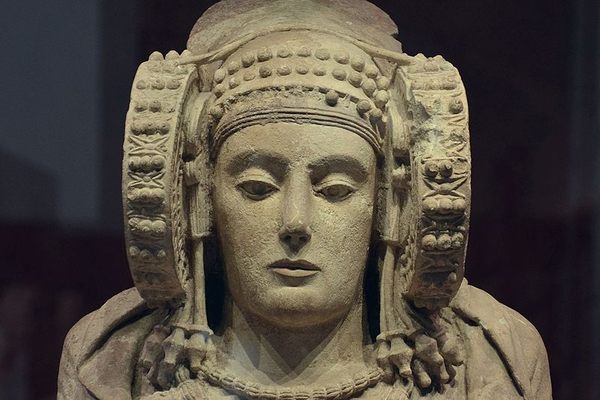
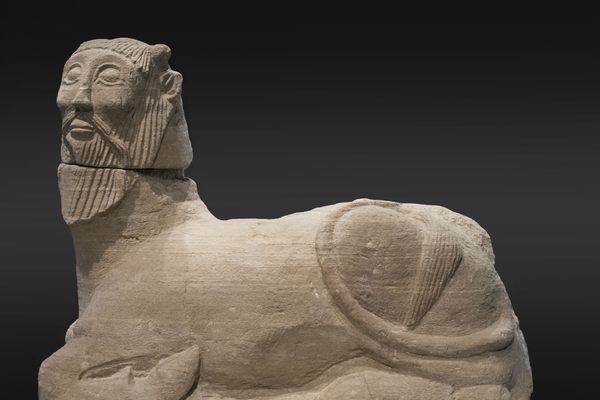
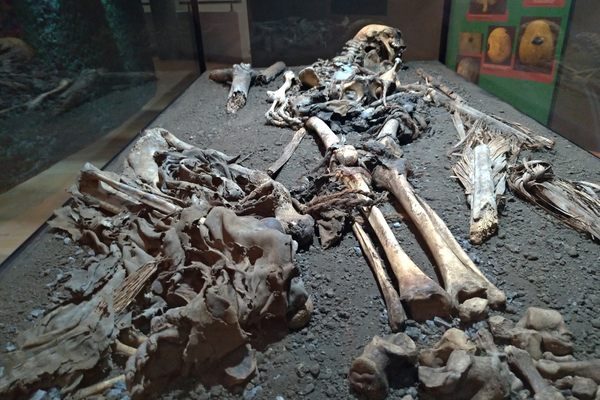
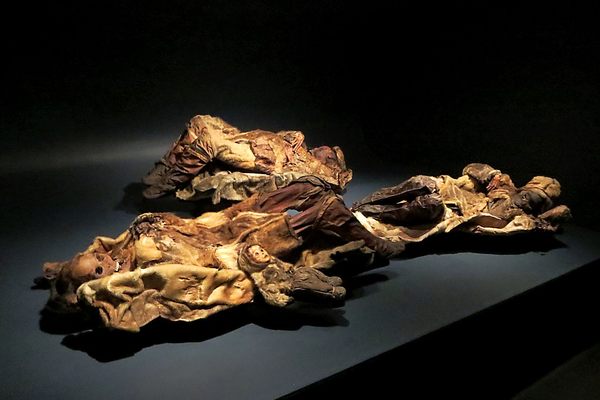
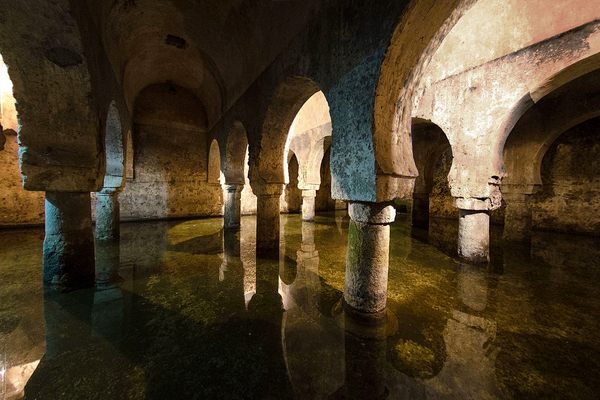


Follow us on Twitter to get the latest on the world's hidden wonders.
Like us on Facebook to get the latest on the world's hidden wonders.
Follow us on Twitter Like us on Facebook